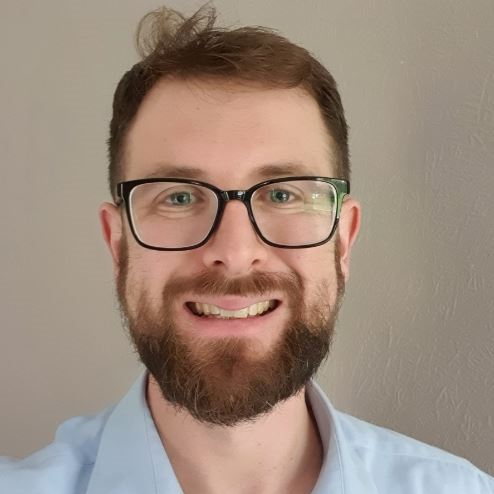
Chris Weatherburn
Dr Chris Weatherburn is a practicing GP who graduated from The University of Dundee School of Medicine back in 2004. He has completed a fellowship in health inequalities, MRCP, MRCGP and Royal College of General Practitioner’s Part 1 and 2 postgraduate certificates in substance misuse. Clinically he works as a salaried partner in a Deep End general practice in Dundee. As part of a portfolio career he also works as GP Lead in Dundee Health & Social Care Partnership and is passionate about eliminating hepatitis C and optimising prescribing. In addition he has developed an interest in clinical informatics, he has completed the NHS Digital Academy (Cohort 1) and is currently interim chair of the Scottish Clinical Information Management in Practice Working Group. His future work aims at reducing health inequalities and maximise the use of digital technology to improve health care.
Non-fatal overdose multidisciplinary inter-professional meetings – New way of working
Aims;
Non-Fatal Overdoses (NFODs) are a significant risk factor for drug deaths. NFOD multidisciplinary inter-professional team meetings was convened to provide targeted support to high risk individuals who have had a recent NFOD to reduce future drug deaths.
Design;
In November 2019 regular daily (Monday to Friday) telephone conference meetings were established. Six months afterwards an electronic survey was sent to all agencies involved to obtain feedback on these meetings.
Setting;
Dundee, Scotland, sadly known as the Drug Death Capital of Europe, has an estimated 2,270 people living with problems due to the use of opioids or benzodiazepines.
Participants;
In the meetings there is representation from the local integrated substance misuse services, prison healthcare and public health who present ambulance data. Local authorities with a focus on adult protection and third sector organisations attend, as do Police Scotland.
Measurements;
From the 4th November 2019 up until 23 June 2020 there have been 389 cases discussed at this meeting representing 274 individuals. 206 individuals had a single NFOD and 68 individuals had two or more NFODs. All respondents agreed (n=13) that time is well spent attending these meetings, the meetings achieve closer inter-agency working and these meetings should continue. All respondents perceived these meetings will help reduce the number of drug deaths in Dundee.
Findings and conclusions;
These meetings have become well established and could be replicated elsewhere. The future plan will be to formally evaluate outcomes from the cohort of patients discussed at the meetings.
Poster link: